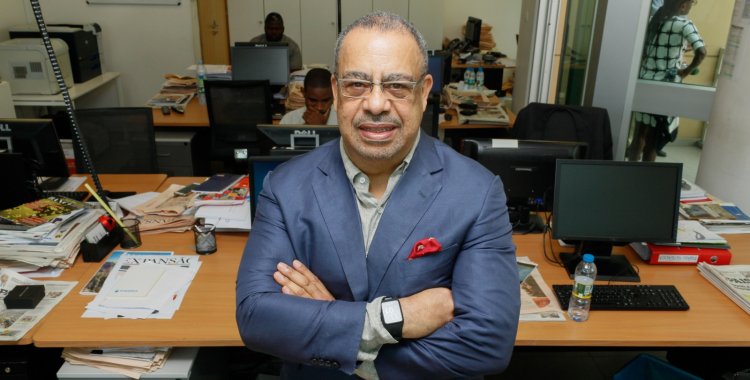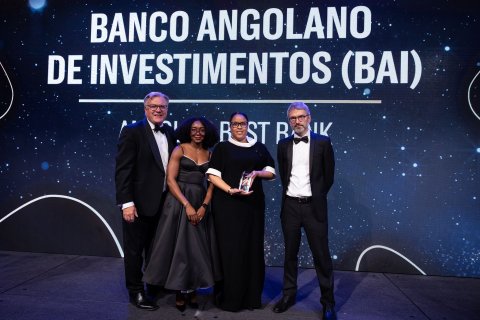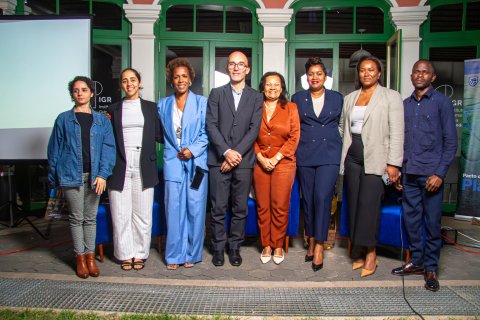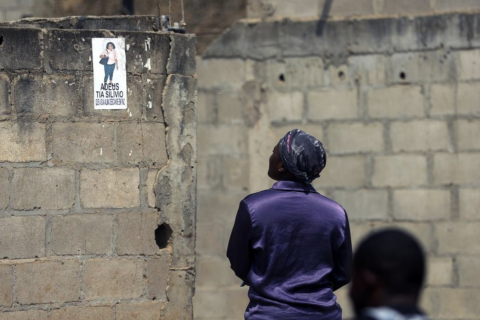"This whole process is far below the objectives, we have not seen the privatization of any significant company", except BCI (Banco de Comércio Indústria, privatized in 2021), which "is also a small bank", and the disposal of the 25 percent of the State's participation in Caixa Angola, said the economist.
Taking stock of the Interministerial Commission on the implementation of Propriv in 2023, Rosado considered that, since the beginning of the process, in 2019, Angola "has not yet seen an eye-catching privatization".
"And, on the contrary, the public sector is fatter than it was before the start of privatizations, because the State nationalized Pumangol, nationalized Unitel, behind Unitel comes BFA (Banco de Fomento Angola), it also nationalized Movicel", he highlighted.
The economist also pointed out that the State nationalized "practically all media, especially large groups such as TV Zimbo and Palanca TV", both channels recovered by the State, as part of the process to combat corruption.
"Therefore, the State today is fatter than it was," he insisted.
The Government privatized 11 of the 74 assets planned for 2023, whose contracted value was 47.9 billion kwanzas, the Propriv implementation committee announced on Tuesday, at the end of the first ordinary meeting of 2024.
The commission plans to privatize 31 assets during 2024, with emphasis on the National Insurance Company of Angola (Ensa), the Angola Debt and Stock Exchange, Standard Bank Angola, via Initial Public Offering, in addition to 39 hotels, which belonged to businessman Carlos São Vicente, currently serving a prison sentence.
According to Carlos Rosado de Carvalho, the results of the privatizations reveal that 2023 was a "lean year", due to the fact that in this period the State contracted less than 50 billion kwanzas.
"We are talking about 5 percent of the contractual value of privatizations. The majority of it is Sonangol with 42 billion kwanzas, so it was a very lean year in terms of privatizations", he highlighted.
The economist and journalist considered, on the other hand, that the privatization process, which began in 2019, did not start in a favorable environment, taking into account the period marked by the decline in oil prices and Covid-19.
"The timing was not the best for the privatization process and for it to have any success and, therefore, the privatization of Ensa was postponed at that stage, but the process is still waiting for 'stars' to be privatized", concluded Carlos Rosado de Carvalho.







